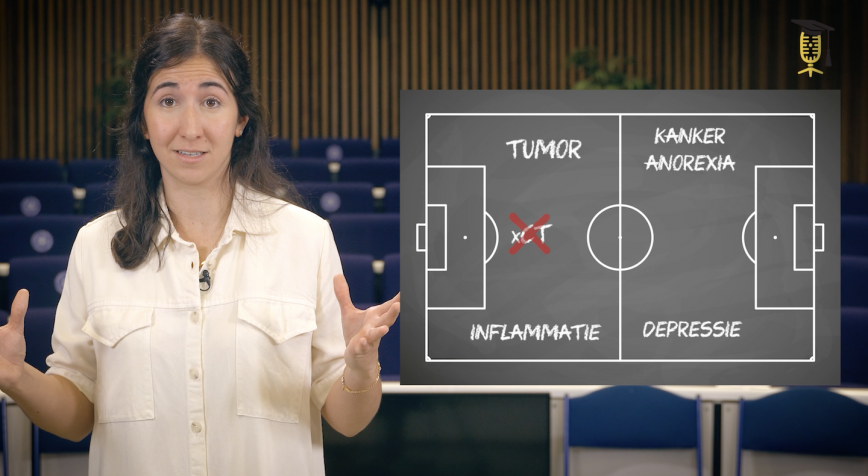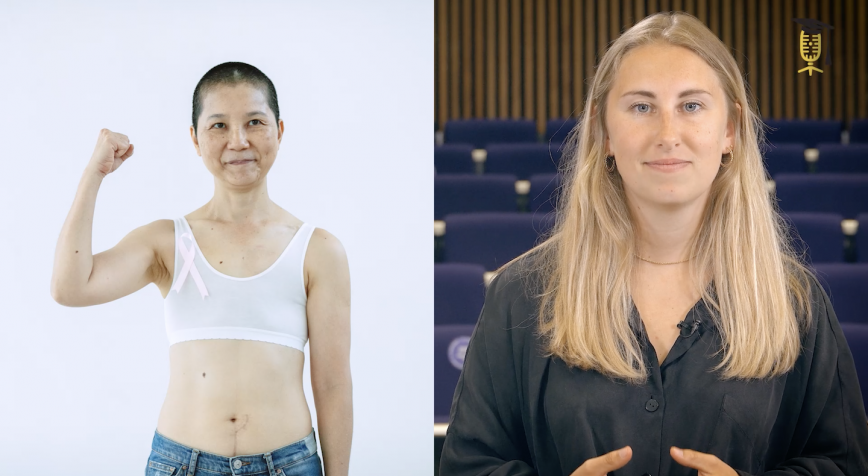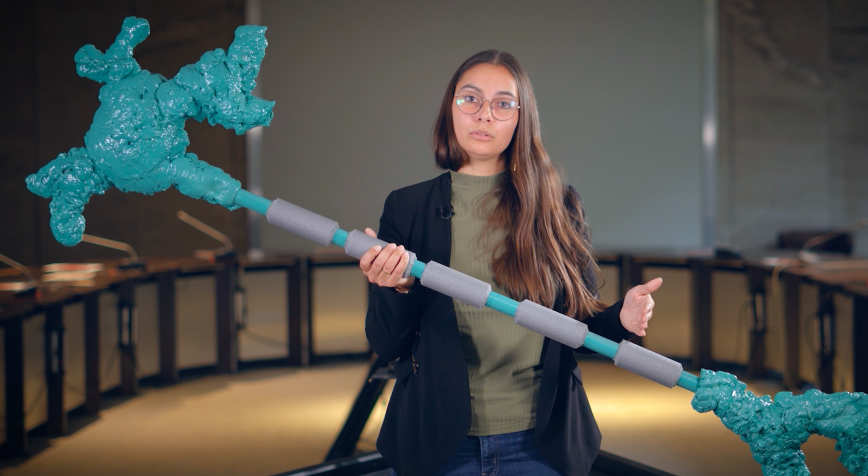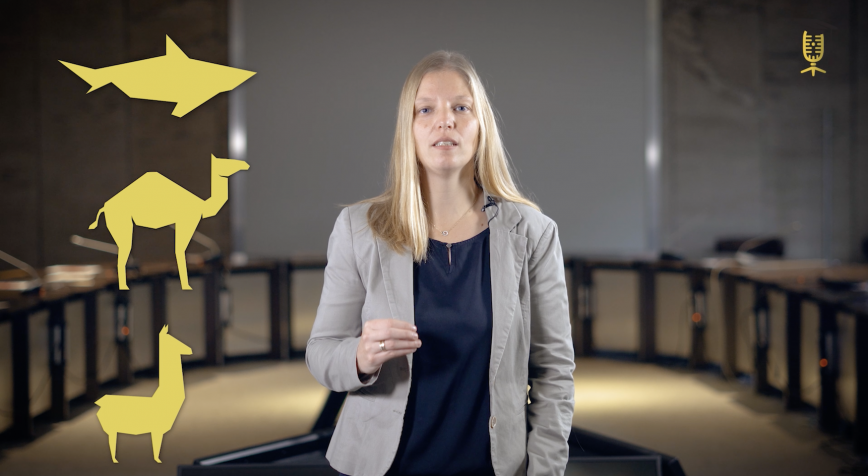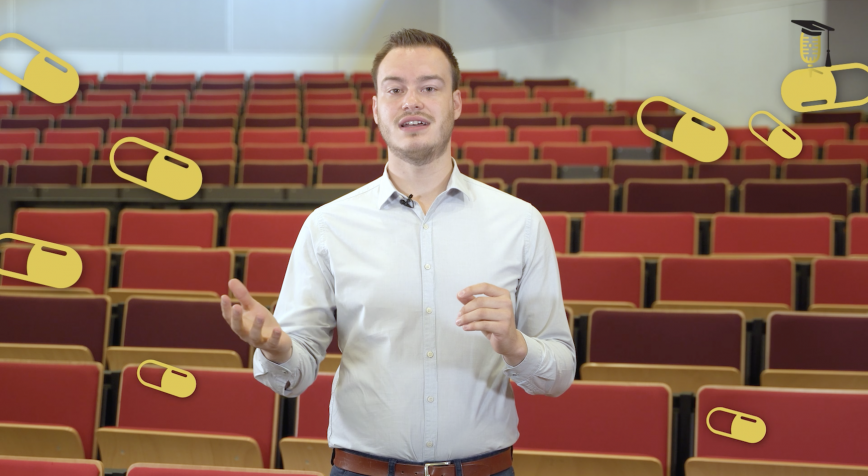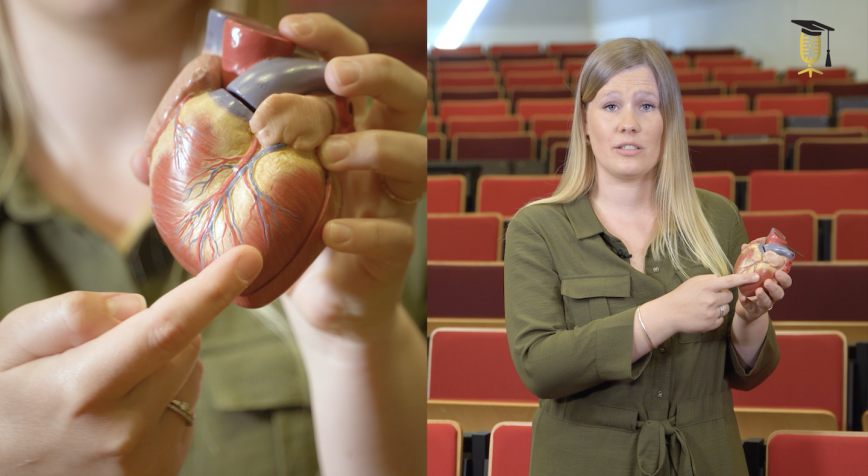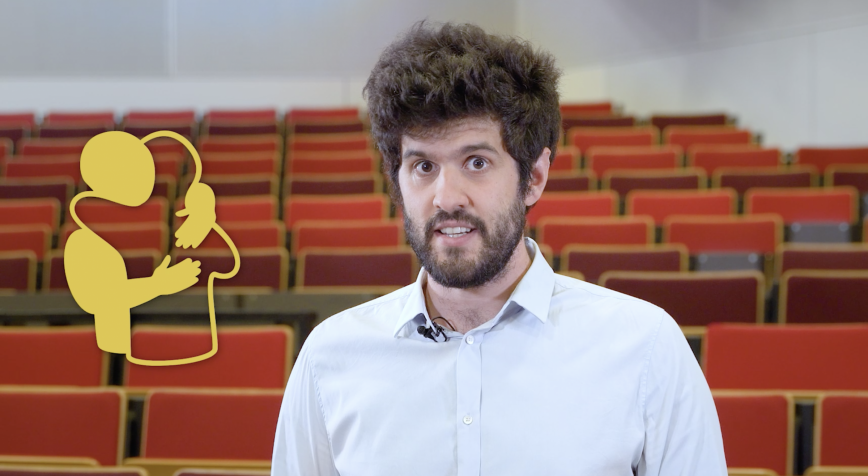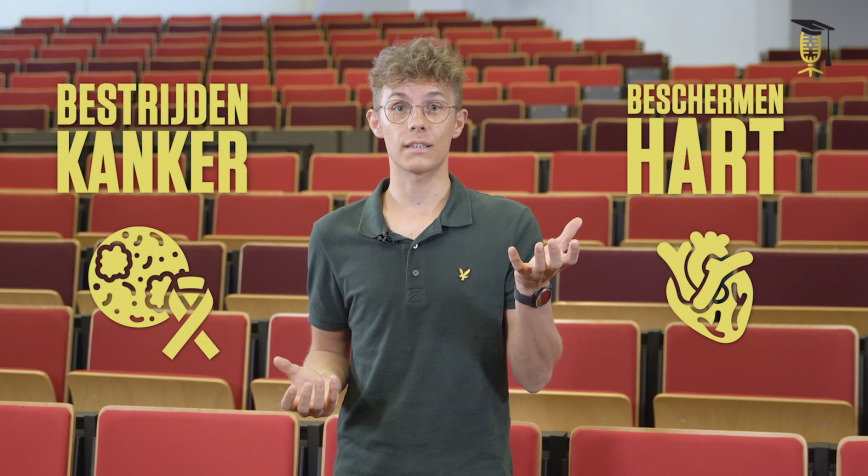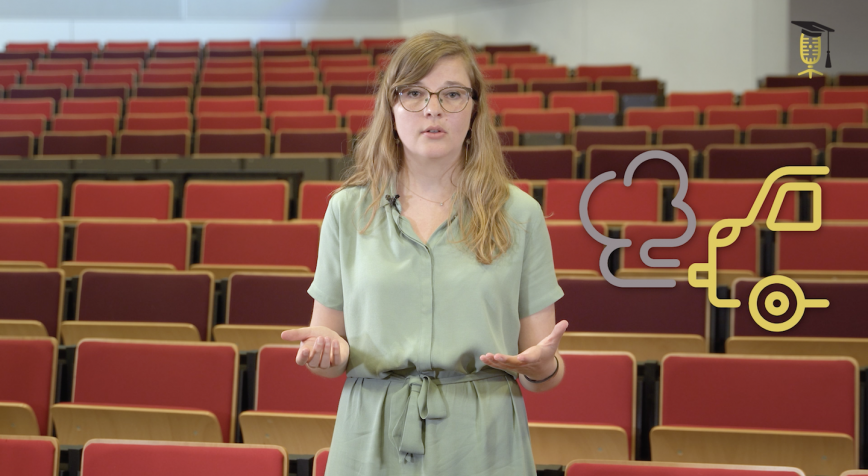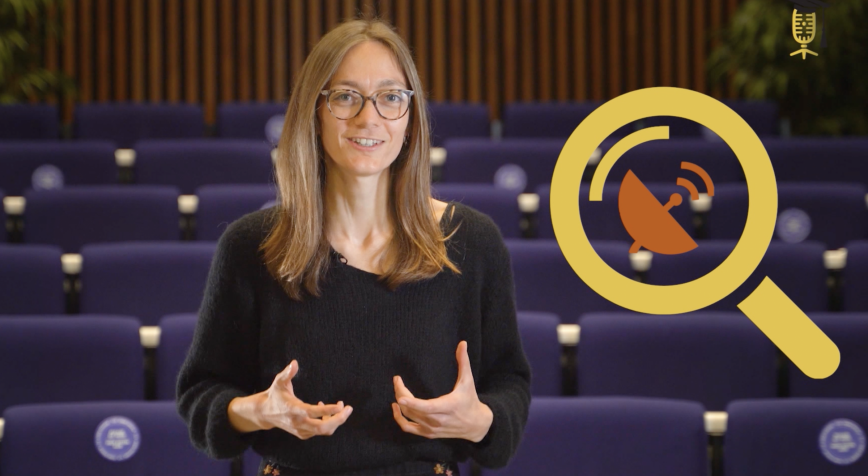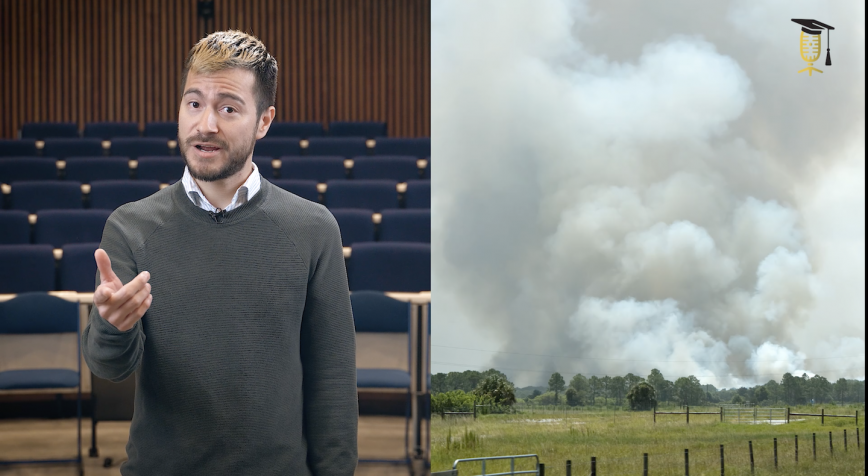
VUB
How do wildfires affect your health?
In the last decade, wildfires peaked at record numbers in different countries across the world. These fires destroy houses and burn down forests, but they also have other important 'unseen' effects. "Smoke from wildfires leads to high air pollution, which is associated with short and long-term risks, such as respiratory and cardiac diseases", as Leonidas Leiva explains. He's working on new materials to recognize, capture and neutralize these contaminants.
